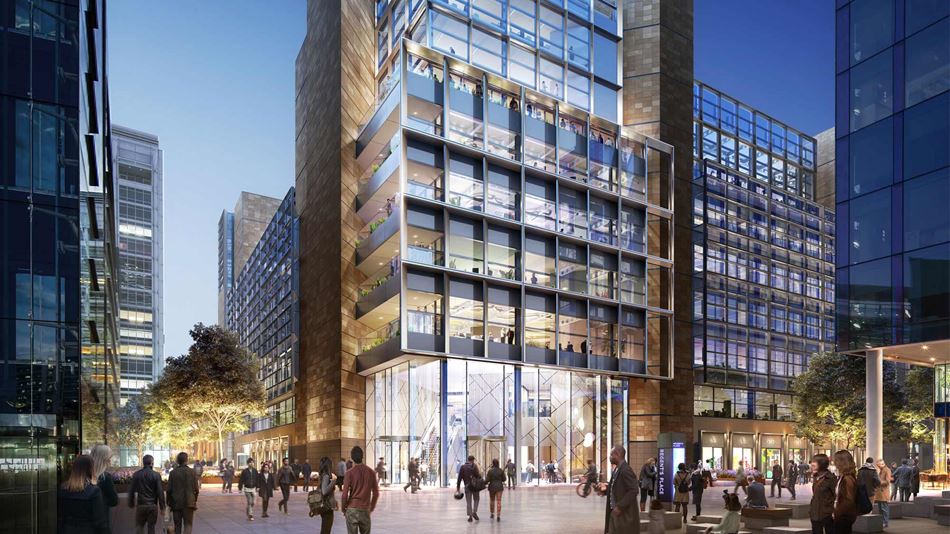 Kate Adlington
Global Press Office,London
Kate Adlington
Global Press Office,London
Arup has joined the WGBC’s Net Zero Carbon Buildings Commitment, a global initiative aimed at achieving 100% net zero carbon buildings in operation by 2050.
By joining this initiative, the firm is committing to reaching net zero carbon in operation for all assets under its control by 2030. The goal will be achieved by a range of measures including improving the performance of its building portfolio and moving to 100% renewable electricity by 2023.
Earlier this year Arup set its sights on achieving net zero emissions across its entire operations (scope 1, 2 and 3) by 2030, with an interim target of reducing greenhouse gas emissions by 30% within the next five years. This target has been classified as ambitious by the Science Based Target initiative as it exceeds the minimum requirements for keeping global temperature rise under 1.5oc.
With over 17,000 projects in more than 140 countries the firm is committed to sharing our real-world experience with clients and industry to play a leading role in accelerating zero carbon buildings. Projects include:
